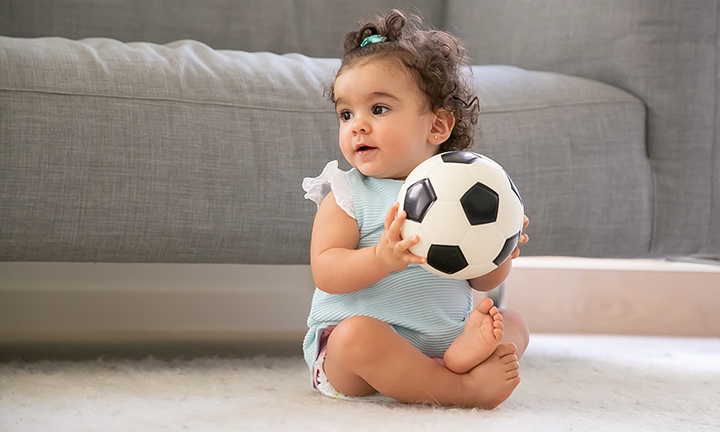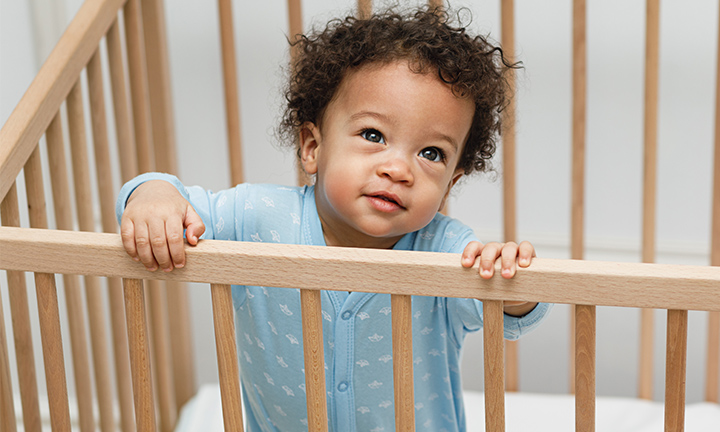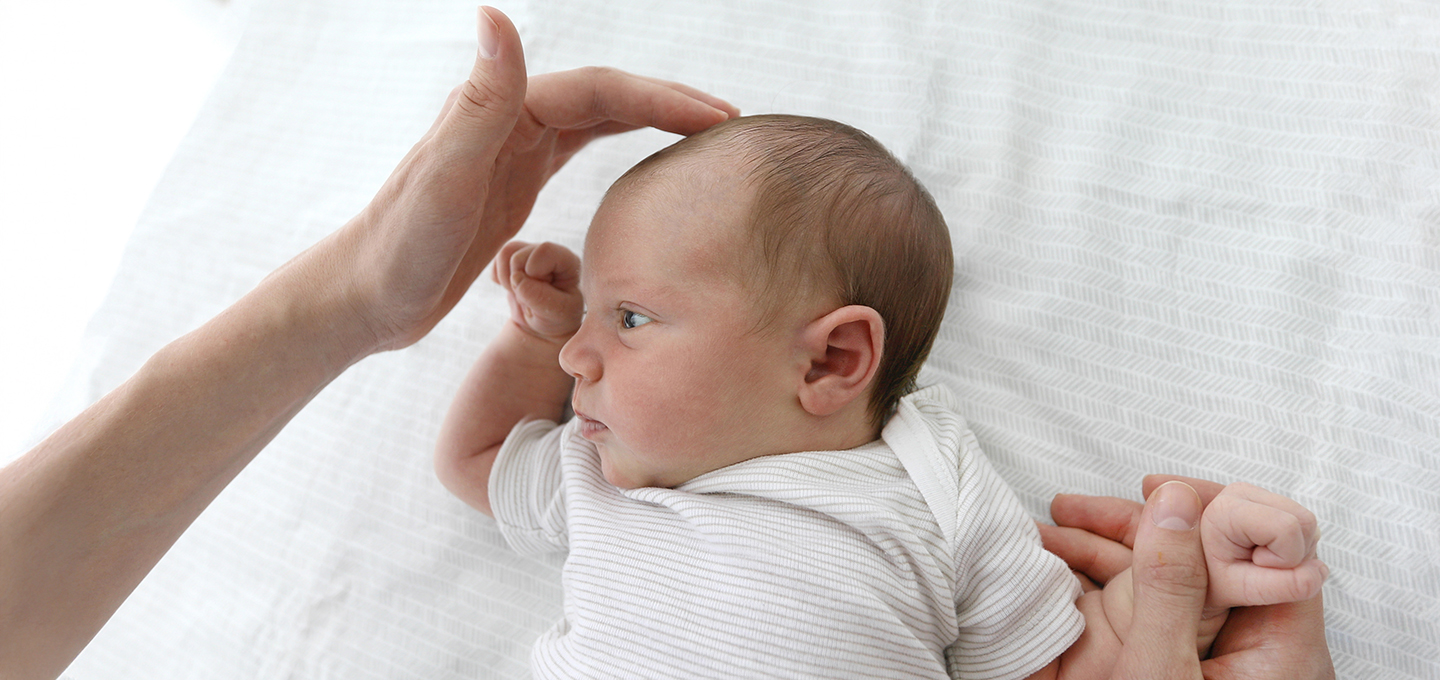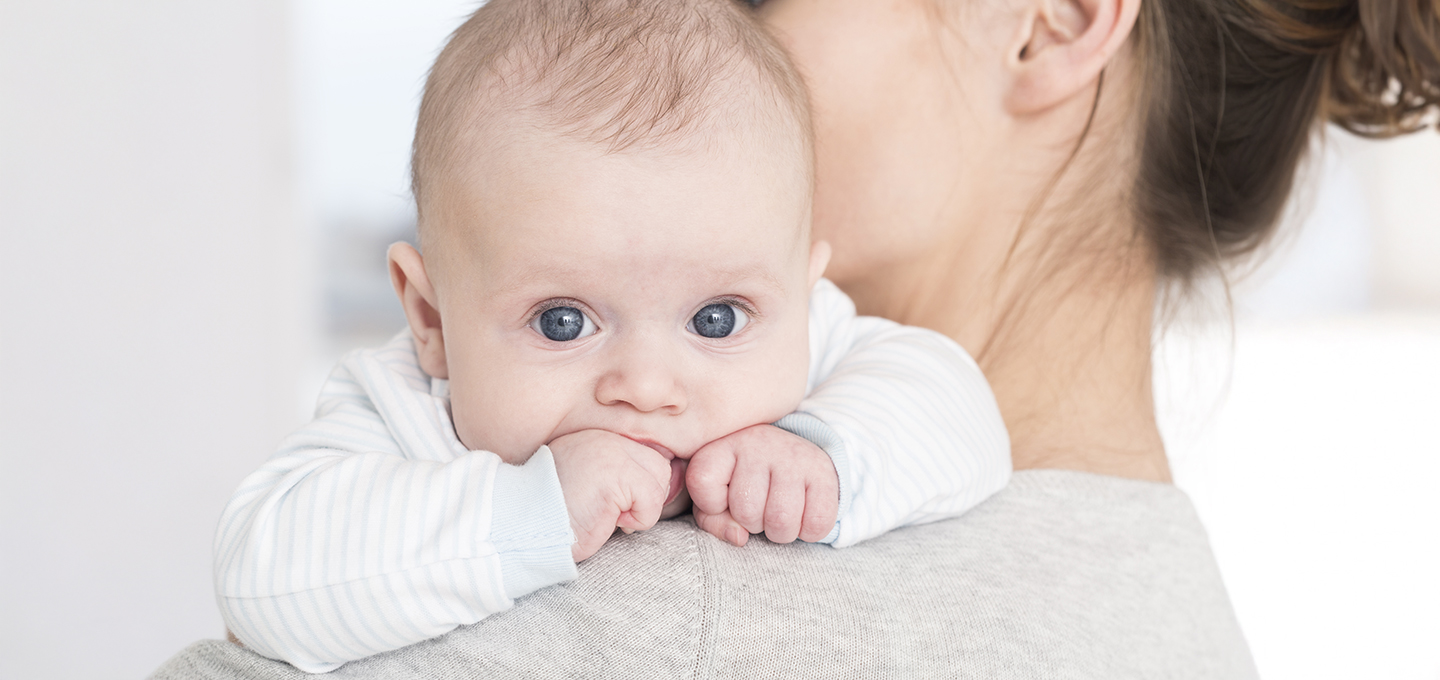
All About Newborn, Infant, Baby, and Toddler Age Ranges
Newborn, baby, infant, and toddler are all words that may be used to describe your little one as they make their way from birth to that first day of preschool. But when is a baby no longer a newborn and when is a baby a toddler? Although there are no set definitions and no standard age ranges for newborns, babies, infants, and toddlers, we’ve gathered some information to help you understand the different ways these terms are used and the developments you may notice during these stages.
Newborn, Baby, and Infant Age
You may have heard your new bundle of joy being referred to as a newborn, infant, or baby. Many parents wonder “how long is a baby a newborn?” Although some of these terms can be used interchangeably, as there’s no set age range, some experts use newborns for those under 28 days of age, while other experts apply the name newborns to little ones up to 2 months old or even 3 months of age.
So, a newborn age range can extend from birth to around 1 month, 2 months, or 3 months of age. However, your little one can also be referred to as a baby or infant during this time, up until they’re about 1 year old.
Child Developmental Stages: Newborn, Baby, Infant Age
Every child is unique and develops at their own rate, but in your little one’s first year you can expect some big leaps in their growth and development. Here are some exciting developments that you may notice by the time your baby is 1 year of age.
As your little one grows and transitions from a teeny tiny newborn into a more active baby, it’s natural to wonder if their development is on track. Every baby is unique and meets milestones at different rates, so don't hesitate to contact your baby's healthcare provider if you have any questions or concerns about their development.
Tip
Throughout the first year of life, your baby is becoming more and more active. Now might be a good time to babyproof your home to keep your little one safe as they grow and explore.
Toddler Age Range
It may feel like only yesterday that you were holding your tiny newborn in your arms, and now they’re an active baby who never stops moving! But when and at what age is a baby/infant considered a toddler? Most experts suggest toddlerhood starts at 1 year of age. This is the time when many babies are ready to "toddle"—to take those first shaky steps. The toddler age range runs from around 1 year (12 months) to around 3 years of age.
Child Developmental Stages: Toddler Age
In the blink of an eye, your newborn has become a toddler, and with that comes increasing independence and curiosity about the world around them. Get ready for some of the exciting and interesting developments that you may see during your child’s toddler years.
Every child develops and meets these milestones on their own timeline during their toddler years, so be prepared for your child to take more or less time than other children of the same age. If you have any concerns about your toddler’s developmental progress, such as their walking or language skills, contact their healthcare provider.
In Summary
A baby under 28 days or up to 3 months of age is often called a newborn; however, there is no single or set definition. The term baby or infant may be used from birth up to around 1 year of age. Once your baby turns 1 year old, they are often referred to as a toddler. The toddler age range is usually from 1 year to 3 years of age.
Preschool Age Range
Now that you have a rough idea of newborn, infant, baby, and toddler age ranges, what comes after a toddler? Once your toddler is around 3 years old, they are often considered a preschooler. The preschool age range may extend from 3 years up until they are around 5 years old. How time flies!
FAQS AT A GLANCE
If you’re wondering how old a toddler is, experts usually consider toddler age to start when your baby/infant turns 1 year of age. The toddler age range is usually from 1 year to 3 years of age.
The Bottom Line
Although your little one may always be a baby in your heart, there are some common terms that will be applied to them as they grow and develop. The term newborn is often used for babies under 28 days or even up to 2 or 3 months of age, according to experts. After this period (and even during the newborn stage), your little one may be referred to as a baby or an infant up until they’re around 1 year of age.
But when does your teeny tiny baby become a toddler? Experts commonly use the word toddler when babies turn 1 year of age. The toddler age range usually runs from 1 year to 3 years of age, and before you know it, your little one will be a preschooler! Each of these stages brings its own exciting developmental milestones and learning curves for your child. So, enjoy the journey!
- American Academy of Pediatrics, Caring for Your Baby and Young Child: Birth to Age 5, 7th ed. (New York: Bantam Books, 2019).
- CDC. Positive Parenting Tips: Infants (0-1 Years)
- CDC. “Milestones 1 Year.”
- CDC. Positive Parenting Tips: Preschoolers (3–5 years old)
- CDC. Positive Parenting Tips: Toddlers (1–2 years old)
- CDC. Developmental Monitoring and Screening
- Medline Plus. “Toddler Development.”
- WHO. “Newborn Health.”










